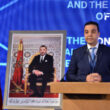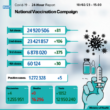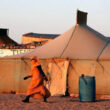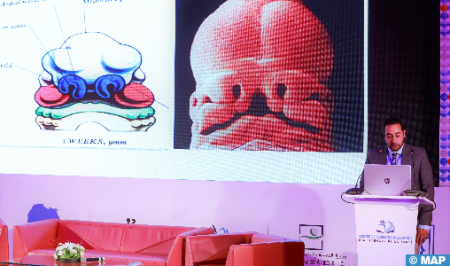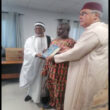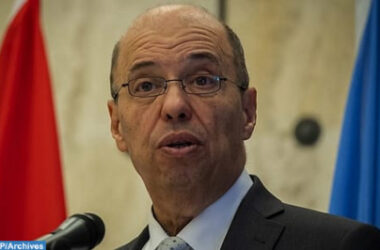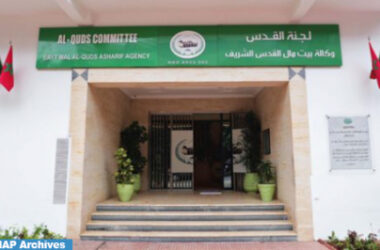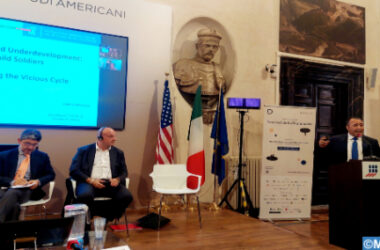The call came at the three-day meeting held at the initiative of Smile Train, an international NGO that provides reconstructive surgery and comprehensive cleft care free of charge to children in more than 90 countries.
The experts praised the sustainable model adopted by the NGO, which focuses on training local doctors to perform reconstructive cleft surgery and provide comprehensive cleft care in their communities.
In a statement to M24, MAP’s 24-hour news channel, Abdelhakim Yahyane of the Ministry of Health and Social Protection said that the congress, which is part of a partnership between the ministry and the NGO Smile Train, is an ideal opportunity to share experiences between different African countries.
For Dr. Yahyane, managing clefts is a complex task that requires multidisciplinary interventions with treatments that can start at one month of age and last until age 15 to 16.
In an address broadcast to conference attendees, Smile Train President and CEO Susannah Schaefer called on participants to use the conference to share their knowledge and identify ways to promote quality care in their local communities.
She noted that the NGO is “always looking for opportunities to collaborate with governments, institutions and partners to invest in surgical care, capacity building and research.”
For his part, Smile Train’s Global Medical Advisory Board Chair, Larry Hollier, called for increased encouragement of innovation and research to promote standards of surgical service delivery to vulnerable groups.
According to Dr. Hollier, “For every $250 spent on treating a cleft patient, the economy gains up to $50,000. This gives us greater conviction in investing in safe and early cleft surgery.”
Many children with clefts around the world live in isolation, but more importantly, have difficulty eating, breathing, and speaking.


